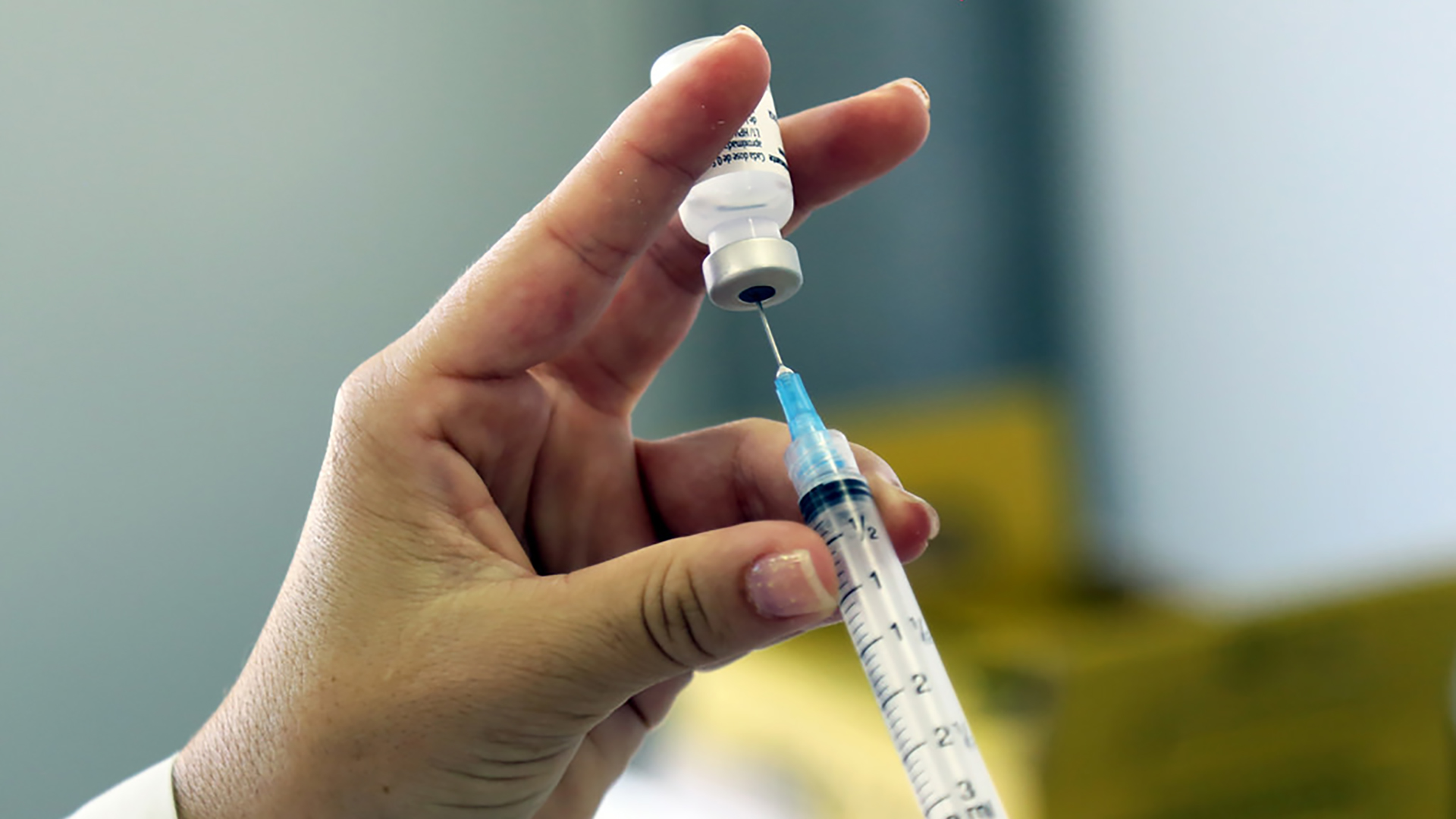A minority of parents said convenience and accessibility was a factor keeping them from vaccinating their kids. The report says that the effect of socioeconomic status on vaccine uptake is something worth investigating beyond this initial study.
Anti-vaccination movements took hold around the world after the publication of an officially discredited 1998 study by Andrew Wakefield in which he suggested a link between the MMR vaccine and autism. Wakefield was largely portrayed as a whistleblower in the media and so a culture of mistrust in vaccines developed, with many parents convinced the ‘risks’ of vaccination outweighed the health benefits. One in 10 of those surveyed by the RSPH have not yet had their child given the MMR vaccination.
The report also said the press has a responsibility to provide vaccination coverage, as groups who aren’t exposed to such an action in the media as much are less likely to get vaccinated.
Press coverage was low in the aftermath of the Wakefield scandal, which the RSPH says is directly attributable for a 20-year record high of 41,000 cases of measles in Europe in August last year – with similar patterns seen across the US.
RSPH chief executive Shirley Cramer said: “Globally, some populist politicians have fuelled anti-vaccination sentiment, with notable opposition to vaccines in Italy in particular. Against this backdrop, it is clear that we cannot be complacent about vaccinations: though the UK has world-leading levels of vaccination coverage, history (and current events) has shown that fear and misinformation about vaccines can cause significant damage to seemingly stable vaccination programmes.”
The World Health Organization has estimated that roughly two to three million deaths are prevented each year through vaccination programmes around the world.
The RSPH report also says that vaccines lead to long-term reductions in health costs and avoidance of lost productivity from the workforce. Estimated national savings add up to tens of billions of pounds, and economists have recently said that vaccination is undervalued in economic terms.
As a result of the research, the charity is calling for social media giants and press organisations to take action and counteract online misinformation. One suggestion made in the report was for reminder services to be improved by using social media pop-ups.
The RSPH is also pushing for better education on popular myths around vaccinations, plus more convenient practice locations.
The survey was sponsored by vaccination manufacturers MSD.









